"While the initial dataset was collected from both a representative sample of UK pet owners and the veterinary profession in February, it quickly became clear that the Covid-19 pandemic and the UK-wide lockdown were likely to have an impact on the wellbeing of our nation's pets," states the introduction to the report, which was produced by the leading veterinary charity PDSA together with the market research company YouGov. Covid-19 prompted the charity to conduct a further representative survey of pet owners in August, focusing in particular on the aspects of pet acquisition, preventive healthcare and behaviour, which changed during the pandemic and lockdown.
Significant changes
10.9 mio cats, 10.1 mio dogs and one million small animals are currently kept as pets in the UK. 51 per cent of the UK population owns any type of pet. The post-lockdown findings highlighted significant changes to diet, behaviour, companionship and health but no changes with regard to any of the questions the researchers asked about the provision of a pet's environmental needs, according to the report summary. 16 per cent of dog owners, 17 per cent of cat owners and 14 per cent of rabbit owners said that they had fed more treats since the start of lockdown. More dog owners (10 per cent) than cat owners (5 per cent) and rabbit owners (6 per cent) said that they had fed their pet more human food as part of their main meals since the start of lockdown. The pandemic also had an effect on the weight of pets: 8 per cent of dog owners said their pet had gained weight during this period. This figure is higher than cat owners (6 per cent) and rabbit owners (3 per cent).
Differences were also detected with regard to pet behaviour during the pandemic. 20 per cent of dog owners and 23 per cent of cat owners who had owned their pet prior to lockdown reported that their pet had started showing at least one new behaviour trait since restrictions began in March 2020. The most commonly reported new behaviour trait among dogs was to show signs of distress when left alone (5 per cent) and to spend more time in the quiet areas of the house (5 per cent). The new behaviours reported in cats comprised a wide range, including yowling, miaowing or vocalising (6 per cent), begging for food (4 per cent) and waking owners up (6 per cent). Rabbits were reported to display biting (9 per cent), growling (8 per cent) and boxing (5 per cent) behaviours towards their owner during lockdown.

 Menü
Menü

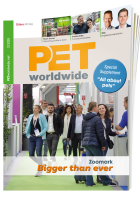



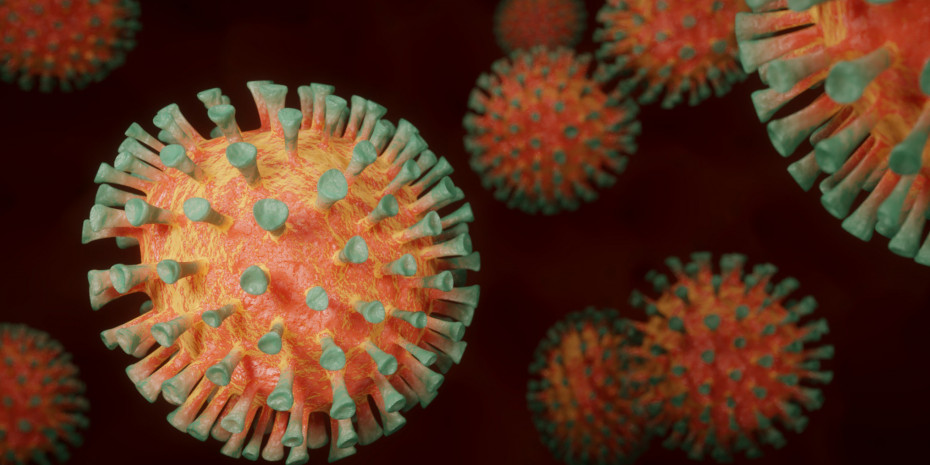


 3/2021
3/2021




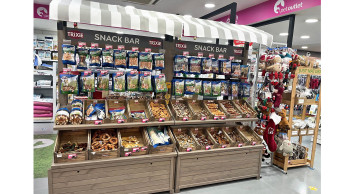

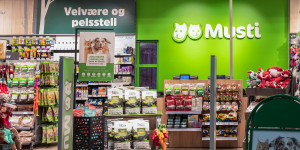



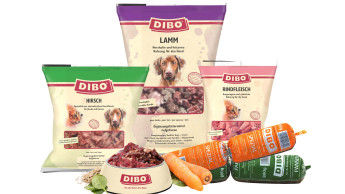
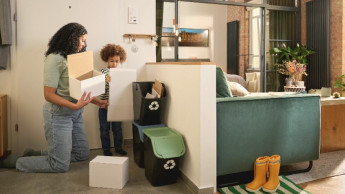
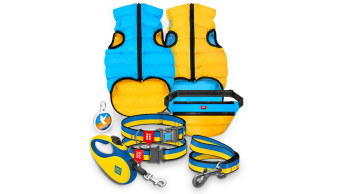
 Newsletter
Newsletter